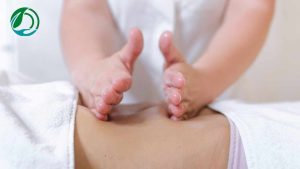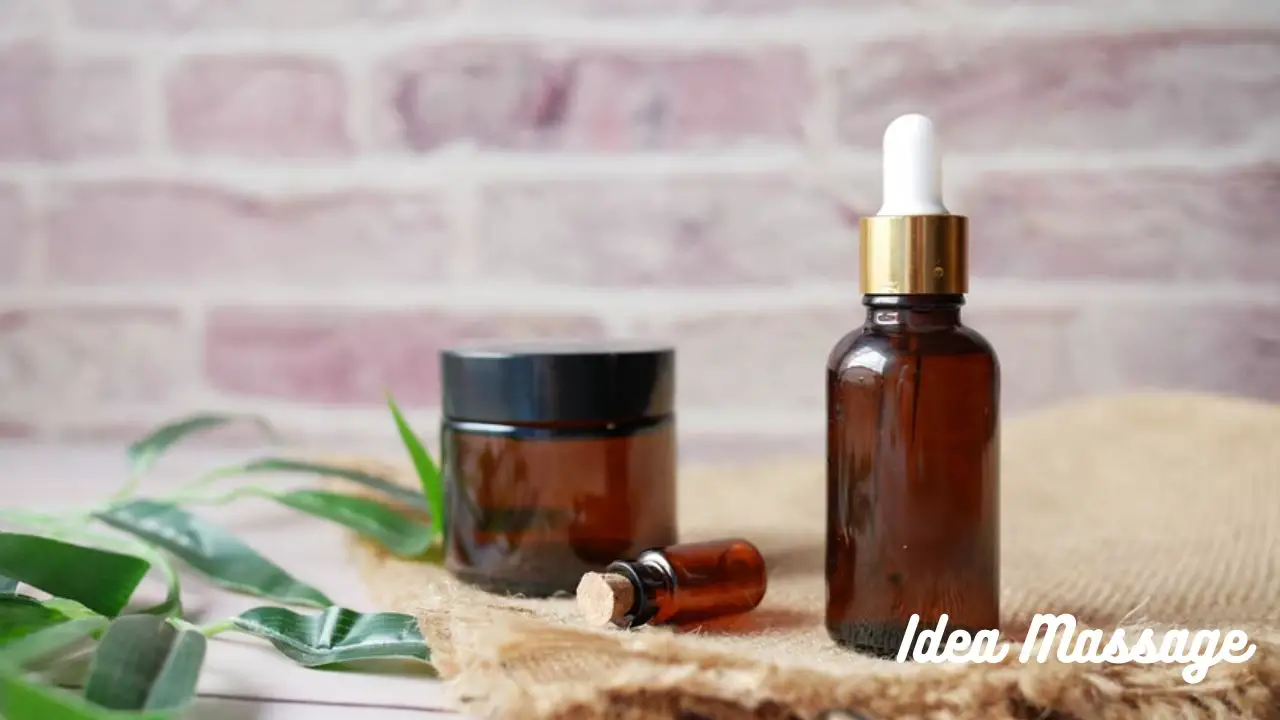
Aromatherapy has become very popular over the last decade. Many people believe that aromatherapy can improve their mood, reduce stress and even boost their energy levels.
Aromatherapy involves using essential oils extracted from plants. These oils have powerful properties that can provide relief from everyday ailments such as anxiety, depression, insomnia, and headaches.
You can use essential oils to treat various health conditions, including allergies, breathing problems, digestive issues, skincare, and much more. Essential oils are also used in perfumes, soaps, shampoos, and other household products.
What is Aromatherapy
Aromatherapy is a traditional technique or treatment for well-being and good health in which we use organic aromatic compounds like natural fragrance compounds and oils extracted from plants. Most of the time aromatic oils are used and Aromatherapy is also known as essential oil therapy. Source Healthline.
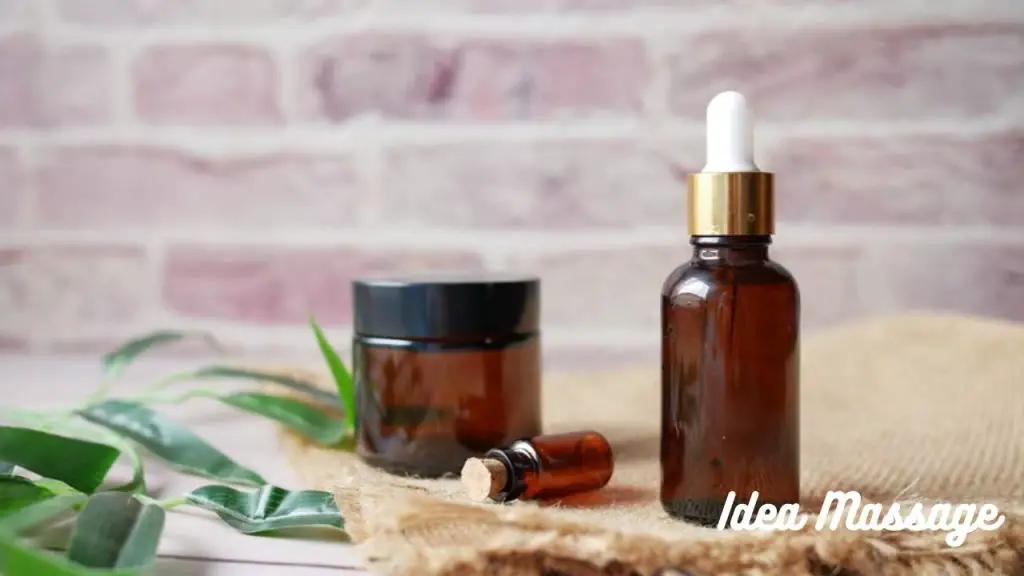
What is Aromatherapy Massage?
Essential oils play an important role to improve the physical and mental health of humans. Due to this a new technique of Aromatherapy is introduced named as Aromatherapy Massage. In Aromatherapy Massage, essential oils are used to rub skin instead of normal oils. And a good aromatic environment is established during the massage by using natural fragrant compounds from plants. Also, read Benefits Of Back Massage.
Aromatherapy techniques are used by humans for many centuries. It has multiple benefits for both physical and mental health. And these benefits are discussed below.
15 Benefits Of Aromatherapy
You may be wondering how you can benefit from aromatherapy. Here is a list of some common uses for essential oils:
1. Anxiety Relief
Essential oils like lavender, chamomile, lemon balm, rosemary, clary sage, patchouli, and ylang-ylang are all great natural remedies when it comes to treating anxiety. They can help ease tension, calm your nerves and promote relaxation.
2. Depression Relief
If you’re feeling down or stressed out, try diffusing an oil blend with calming scents like lavender, frankincense, jasmine or sandalwood. They can help lift your spirits by reducing feelings of sadness, frustration or anger.
3. Digestion
When you feel bloated or sluggish, diffuse essential oils into the air to freshen up your home. Lavender, peppermint, eucalyptus, geranium, rosemary, cinnamon, coriander, cumin and thyme are all excellent choices for digestion.
4. Energy Boosting
If you want to get the most out of every day, consider adding essential oils into your daily routine. For example, you could add one drop of lemon oil to your water bottle before work, or take five drops of ylang-ylang oil at night before bedtime. You’ll wake up feeling refreshed and ready to tea tree, ginger, thyme, and cinnamon oils are all good choices for relieving gas, indigestion, and stomach cramps.
When you need a quick pick me up, diffuse essential oils to get energized. Bergamot, bergamot orange, cedarwood, geranium, grapefruit, juniper, lemon, lime, neroli, orange, pine, spearmint, sweet marjoram, tangerine and vanilla will give you a burst of energy.
5. Healthy Skin
Use essential oils on your body to keep your skin healthy and hydrated. Orange, lemongrass, and peppermint oils are perfect for this purpose. You can also add conquer the world!
5. Headaches
Diffuse an aroma therapy blend for headaches. Try mixing together equal parts of bergamot, juniper, peppermint, orange, cypress, and basil.
6. Skin Care
Use essential oils to make homemade body washes, lotions, and scrubs. Simply mix together a few drops of your favorite essential oil with a carrier oil (such as jojoba) and a little bit of aloe vera gel. Apply the mixture to your skin after showering. Also, read Should I Shower Before OR After A Massage?
7. Stress Reduction
Essential oils can be used to relieve stress. Diffuse them throughout your home to create a relaxing atmosphere. You can also make a room spray by combining 10 drops each of jasmine, lavender, lemon, orange, rose, Roman chamomile, sandalwood, vetiver, ylang-ylang and wintergreen.
8. Soothe Your Nerves
If you suffer from insomnia, you might find that diffusing a blend of lavender, melissa, ocotea, palmarosa, petitgrain, Roman chamomille, sandalwood, and ylang ylang helps you relax enough to fall asleep.
9. Virility
Combining equal amounts of bergamot and black pepper oils will increase your testosterone levels. This will boost your sex drive and improve overall sexual performance.
10. Weight Loss
Using essential oils to lose weight isn’t just about smelling great. It’s also about getting rid of toxins which makes you healthier inside and out.
11. Wound Healing
Mix three drops of lavender, clary sage, patchouli, benzoin and tea tree in two tablespoons of coconut oil. Massage the oil onto affected areas twice per day for best results.
12. Mental Clarity
Aromatherapy is often used to enhance mental clarity. Diffusing essential oils such as citrus, clove, frankincense, helichrysum, jasmine, lavandula, neroli, patchouli, rose, rosewood, sandalwood, spruce, tea tree and ylang ylang will help clear your mind and bring focus.
13. Sleep Aid
Wake up without grogginess using lavender, lemon, lemongrass, mandarin, mint, nutmeg, orange, peppermint, red raspberry, rosemary, rosewood, sambac, spearmint, and ylang ylang.
14. Toothache Relief
Rub two drops of eucalyptus, camphor, clove, cinnamon, fennel, garlic, ginger, hyssop, kino, lavender, lemongrass, or peppermint onto a cotton ball and place it directly over the painful tooth will ease the pain. Repeat if necessary.
15. Uplifting Moods
Take a deep breath and let go of any negative feelings when you use these uplifting scents: balsamic, cardamon, citronella, coriander, geranium, grape, jasmine, lemon, lily, lilac, magnolia, and neroli, orange blossom, osmanthus, peppermint, pine, rose, rosewood and violets. Reference
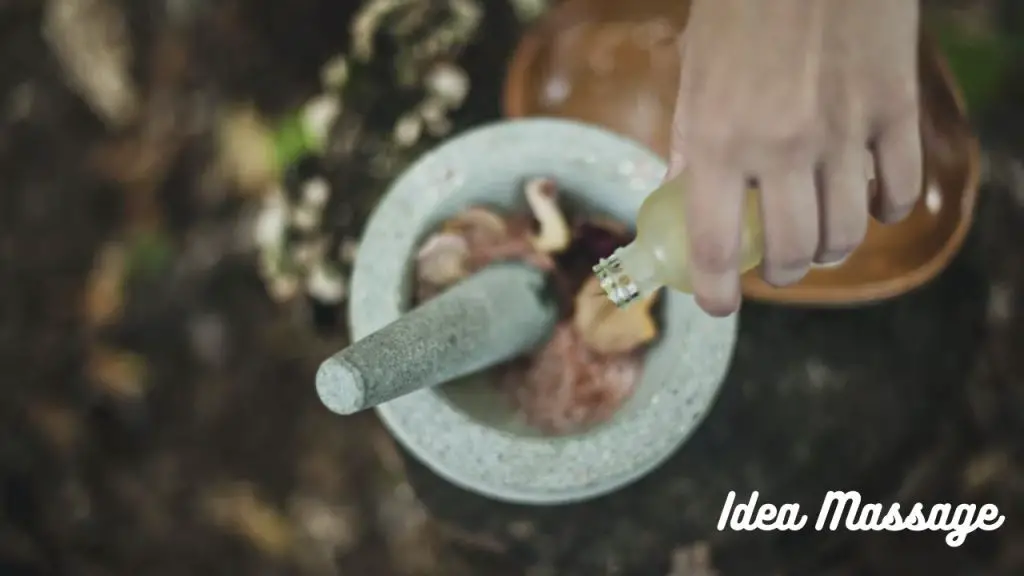
Risks & Warnings
Pregnant women should avoid exposure to essential oils since they may cause birth defects. Children under 2 years old shouldn’t be exposed to essential oils due to their sensitivity. Essential oils are flammable and can irritate eyes and mucous membranes. Do not ingest essential oils. Keep away from open flames. For external use only. Not intended for internal consumption. If you’re pregnant or have a known medical condition, consult your doctor before using this product. Store at room temperature. Keep out of reach of children. Reference
17 Uses of AROMATHERAPY
- Aromatic Therapy: The therapeutic benefits of aromatherapy include relaxation, stress relief, and improved mood.
- Deodorant: Mix 3 drops of cedarwood, cypress, eucalyptus, and lavender with 1 teaspoon baking soda and add to an aerosol deodorant canister. Shake well and spray on underarms and armpits. Use as needed.
- Facial Care: After cleansing your face, apply a few drops of one or more of the following essential oils to your skin: basil, bergamot, buchu, caraway, cassia, chamomile, cedarwood, clary sage, copaiba, dill, elemi, eucalyptol, frankincense, geranium, grapefruit, juniper, lavender, lemon, lime, marjoram, menthol, myrrh, niaouli, oregano, palmarosa, petitgrain, pine, propolis, roman chamomile, rose, rosewood absolute, saffron, sandalwood, savory, spearmint, thyme, vetiver and ylang-ylang.
- Hair Care: Add 5 drops of lavender, lemon, orange, peppermint and/or rosemary to one cup of water. Shampoo hair thoroughly and rinse well. Follow with a conditioning treatment made with almond oil, jojoba oil, olive oil or grapeseed oil.
- Insect Repellent: Create a natural insect repellent by mixing 10 drops of lavender, lemongrain, neem, patchouli, pennyroyal, rosemary, rose, rosewood or sweet woodruff with one tablespoon of witch hazel in a small bowl. Apply mixture generously to arms, legs, chest, back and other areas where insects tend to bite. Allow mixture to dry completely.
- Massage Oil: Add 6 drops of lavender, rose, rosewood absolutes, sandalwood and/or ylang-ylang to a base of extra virgin olive oil. Massage into muscles and joints after exercise.
- Personal Hygiene: Combine 4 drops of bergamot, clary sage, eucalypt, geranium, helichrysum, jasmine, lavender, lemon or lime with one ounce of unscented liquid soap and mix well. Spray mixture on underarms, feet, and other parts of the body that need washing. Rinse off with warm water.
- Relaxation: Place six drops of citrus (lemon, orange), four drops of lavender, three drops each of bergamot and rosemary, and one drop each of frankincense, labdanum, and patchouli in a jar filled with a carrier oil such as evening primrose, jojoba, olive, sesame, sunflower or wheat germ. Stir gently. Let sit until the fragrance is released. To use, simply massage oil onto pulse points.
- Skin Conditioner: Dilute two tablespoons of aloe vera gel with eight ounces of distilled water. Apply to oily areas of skin when showering and wash off with lukewarm water.
- Soothing Bath: Make bath salts by combining five to seven drops of lavender, neroli, sandalwood, tea tree and/or ylang ylang with one cup of Epsom salt or sea salt. Dissolve ingredients together in hot water. Cool slightly and pour into tubs. Soak in bathwater for 15 minutes. Remove and pat dry.
- Sunscreen: Blend equal amounts of lavender, lemon and/or orange peel, apricot kernel oil, beeswax, and shea butter. Melt waxes over low heat and stirs in essential oils. Pour into a container and allow to cool. Cut into desired size pieces and store in the refrigerator.
- Toothbrush: Rub a little toothpaste made from ground cloves, cinnamon, cardamom, ginger, nutmeg, paprika, pepper, and/or vanilla on the bristles of your favorite toothbrush. Store unused paste in a glass jar.
- Vaporizer: Fill the bowl with dried herbs and place in an oven set at 300 degrees F. Heat for 30 minutes. Turn off the oven, open the door, and let sit overnight. The next day, fill the bowl with fresh herbs and repeat the process.
- Vodka: Mix 1 part vodka with 2 parts lavender and keep chilled. Use as an alternative to perfume.
- Wound Healing: Massage cream made of equal parts of calendula, chamomile, comfrey, fennel, garlic, marigold, nettles, oregano, plantain, red raspberry leaf, St. John’s wort, and thyme, turmeric, violet and/or white willow bark into affected area several times daily. Continue until the wound heals.
- Zit Remedy: For minor zits, apply a dab of grapefruit seed extract to the spot once or twice a day.
- Herbal Deodorant: Mix equal parts of baking soda, cornstarch, arrowroot powder, powdered milk, cocoa, honey, molasses, oatmeal, rice flour, and sorghum. WebMD
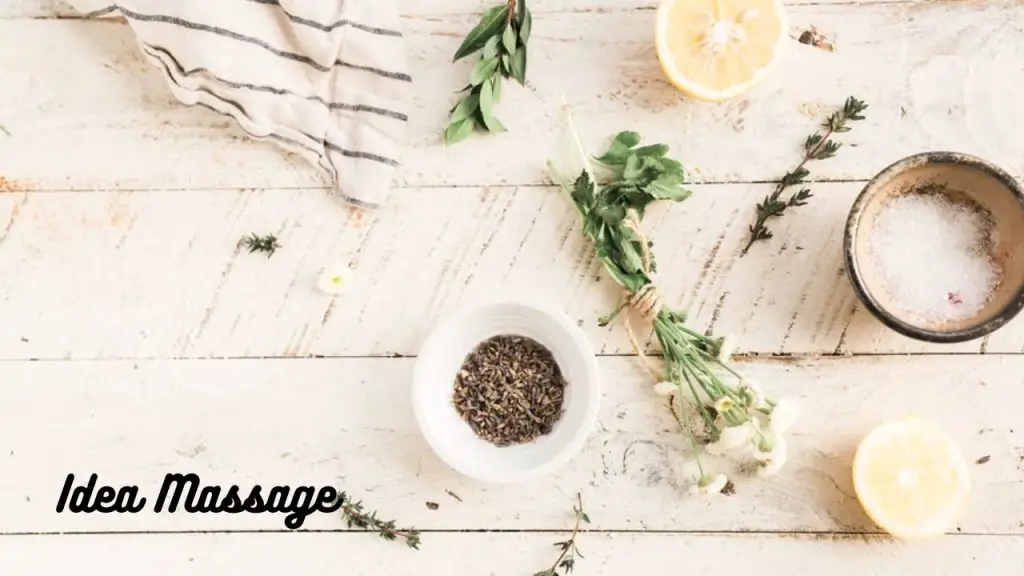
What is the Purpose of Aromatherapy?
Aromatherapy has been used for thousands of years to promote health and wellness. It was originally developed in ancient Egypt where it was known as “The Science of Fragrance” and practiced by priests and healers. Aromatherapists believe that certain scents can have powerful effects on our emotions, mental states and physical bodies. They also believe that these scents can be used to treat specific ailments.
What are some benefits of using aromatherapy?
There are many benefits of using aromatherapies including:
- Relieves stress
- Promotes relaxation
- Helps reduce anxiety
- Improves sleep patterns
- Increases energy levels
- Enhances mood
- Reduces pain
- Stimulates circulation
- Soothes sore muscles
- Treats headaches
- Cures cold sores
How Do I Use Aromatherapy
To use aromatherapy effectively you need to understand how the body reacts to different smells. You must learn what scent affects each person differently. Each individual has their own unique sense of smell so you should experiment with various scents to determine which ones work best for you. Also, Read How To Prepare For A Massage [10 Tips].
Here Are 20 Tips When Using Aromatherapy:
Choose a scent that makes you feel relaxed.
- Apply the scent to a diffuser or candle.
- Breathe deeply while smelling the scent.
- Place a drop of the scent on your pulse points (the inside of your wrists, behind your ears, under your nose).
- Allow yourself time to relax after applying the scent.
- If you’re feeling stressed, try relaxing with a diffused scent of lavender.
- Try adding a few drops of essential oil to your bath water to create a soothing aroma.
- Add a few drops of essential oils to your pillowcase before going to bed.
- Put a few drops of essential on cotton balls and inhale them throughout the day.
- Burn incense in a room to help clear away negative energies.
- Create a calming environment by placing candles around your home.
- Make a tea blend of chamomile, lemon balm, peppermint, rosemary, sage, spearmint, and ylang-ylang. Sip this tea during stressful situations.
- Keep a bottle of pure essential oil at hand to diffuse when needed.
- Take a deep breath and let go of all worries and anxieties.
- Use essential oils to make an effective massage lotion. Simply mix 1 part carrier oil with 3 parts essential oil.
- Try making your own natural deodorants.
- Use essential oils to cleanse your skin.
- Add a couple of drops of essential oil to a bowl of warm water and soak a washcloth in it. Wring out the cloth and place it over your face or neck. Leave it on for about 10 minutes. Remove and pat dry.
- To relieve tension from your shoulders, rub a mixture of equal amounts of sandalwood and frankincense essential oils into your palms and then apply them to your shoulders.
- Rubbing a mixture of equal amounts of cinnamon and eucalyptus essential oils onto your temples will help ease a headache.
- Mix equal amounts of bergamot, clary sage, geranium, jasmine, lavender, orange
What is Psycho Aromatherapy?
Psycho aromatherapy is a type of aromatherapy that focuses on the mind. It’s used as a way to treat mental health problems such as depression, anxiety, and stress.
Psycho aromatherapists believe that certain scents can affect our moods and emotions. They also believe that scents have a direct effect on the brain. This means that they can be used to treat mental illnesses like depression.
The theory behind psycho aromatherapy is that certain scents can trigger memories and feelings in us. These scents can then change our emotional state. For example, if we think back to a happy memory, a particular scent could bring back those good feelings.
The idea here is that these scents can act as triggers to get us thinking about positive memories. When we are reminded of something good, it can lift our spirits. Also, read Different Types Of Massage Modalities.
How Does Psycho Aromatherapy Work?
There are two main ways that psycho aromatherapy works:
- By using scents to trigger memories
- By changing the chemical makeup of the body
Using scents to trigger memories is one of the most common methods of psycho aromatherapy. The theory behind this method is that certain smells can trigger specific memories. For example, you might smell perfume that reminds you of your high school prom. You may feel sad because you remember how much fun you had there. If you were depressed, you would probably not enjoy yourself so much.
This is why you might want to use scents to remind you of happier times. Using scents to trigger memories has been shown to improve moods and reduce symptoms of depression.
Changing the chemical makeup of the brain is another way that psycho-aromatherapy can work. Certain scents can alter the chemicals in our brains. For example, some people find that lavender makes them more relaxed. Other people report that lemon helps them focus better. These changes in the brain can help us deal with mental illness.
For example, someone who suffers from obsessive-compulsive disorder (OCD), which causes them to worry too much about things, might benefit from smelling citrus. Someone who feels anxious all day long might benefit from smelling rosemary. These types of scents can make us feel calmer and less worried.
Which Herb is Used for Aromatherapy
Aromatherapy uses many different herbs. Some of the most popular ones include:
- Bergamot: A very relaxing aroma that can help you relax. It’s often added to bath salts or massage oil blends.
- Frankincense: An ancient resin that’s been used since the time of the pharaohs. It’s known for its calming properties.
- Lavender: A sweet-smelling flower that’s commonly found in aromatherapy blends. It’s said to calm both the body and the mind.
- Rosemary: Another favorite among aromatherapists. Its scent is said to stimulate the senses and encourage creativity.
- Sandalwood: This woody spice is thought to promote peace and harmony. It’s sometimes combined with other spices to create an aromatic blend.
- Ylang ylang: This exotic fragrance is believed to boost energy levels and increase sexual desire.
Can breathing essential oils be harmful?
Breathing in essential oils isn’t going to cause any harm. However, you should never inhale essential oils directly into your lungs. Instead, you should put drops on your pulse points.
When you do this, you will absorb the oils through your skin. Then they will travel throughout your body via your bloodstream.
What happens when I breathe in essential oils?
Essential oils have powerful effects on the body. They can affect our emotions, our minds, and even our bodies. When you inhale essential oils, they enter your nose and go straight to your olfactory bulb. From there, the oils are carried to your brain.
Once inside your brain, the oils interact with neurotransmitters. These chemicals control everything from your mood to your memory. The oils also reach your heart and blood vessels. Once there, they affect your circulatory system. In addition to these effects, essential oils can change the chemistry of your brain.
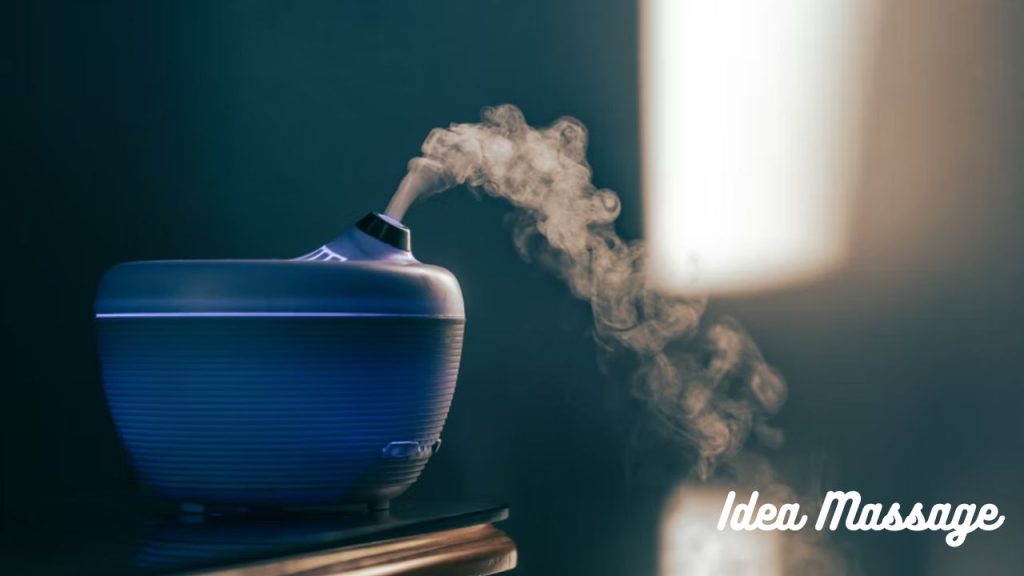
How does breathing in essential oils affect my health?
There are two ways that essential oils can affect your health.
- First, they can affect your nervous system. They can stimulate nerves and muscles. In turn, this can lead to a feeling of relaxation.
- Second, they can affect your immune system. When you inhale essential oils into your lungs, they get absorbed by your lymphatic system. Your lymphatic system carries toxins out of your body.
This means that essential oils can protect your body against disease.
How can I use essential oils safely?
You don’t need to be afraid of essential oils. You just need to follow a few simple precautions.
- First, always buy pure essential oils. Don’t buy cheap imitations.
- Second, if you want to use them as a perfume, dilute them with water. Never add them to your hair products.
- Third, keep essential oils away from children and pets.
- Finally, avoid using essential oils around the eyes and mouth.
Do Essential oils work?
Yes! Essential oils have been used for thousands of years. Today, they continue to provide amazing benefits.
They can treat cold sores, reduce stress, improve sleep quality, and more. If you want to learn more about how essential oils can benefit your life, check out the links below.
Conclusion
In conclusion, aromatherapy is a natural therapy that uses essential oils to treat various ailments. There are several different types of aromatherapy treatments available, including massage, steam inhalation, and bath products. Aromatherapy has been used for thousands of years, and its popularity continues to grow today.
The best part about using aromatherapy is that it doesn’t require any fancy equipment or expensive ingredients. In fact, you can use anything from a kitchen spice rack to a candle to create your very own treatment. So whether you want to relax after a stressful day or help someone who’s suffering from a cold, aromatherapy is an easy and affordable option.

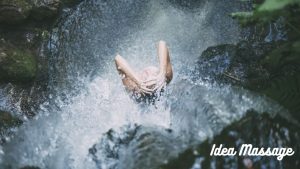
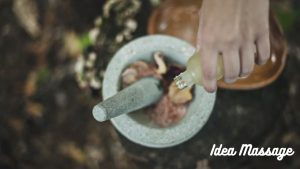
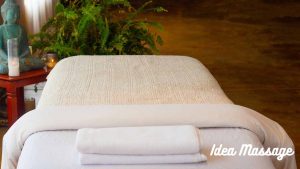
![Can Breathing Essential Oils Be Harmful [13 Tips]](https://ideamassage.com/wp-content/uploads/2022/09/Can-Breathing-Essential-Oils-Be-Harmful-300x169.jpg)

